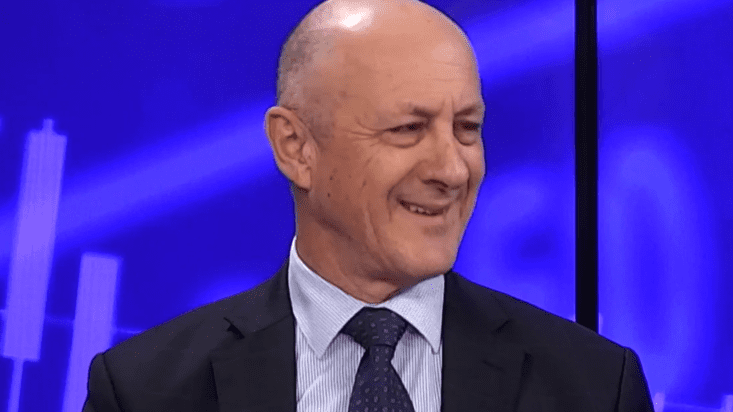Global risks can hit home with a punch, investors warned
Australian investors enamoured with the ASX and its array of star domestic stocks would do well to remember that shocks to the global economy can impact the local market just as deeply as the rest of the world.
Spreading investments across the top end of the ASX is not enough, warns executive chairman of trading platform for unlisted companies PrimaryMarkets, Jamie Green, with real diversification across geographies, business size, sectors and currencies the only real hedge against a plethora of risks that face investment portfolios in the market.
“Global risks such as economic downturns, geopolitical tensions and conflicts, and exchange rate fluctuations, all have the very real potential to adversely impact various aspects of individual businesses, the local economy, financial markets and, in fact, the entire economy more broadly,” Green says.
The effect that the pandemic and the war in Ukraine has had on global supply chains show just how geopolitical tensions and political instability can affect trading partners that domestic businesses depend on, Green says. These examples provide a reminder for investors of why it’s important to consider the global risks to their portfolio just as much as they consider the local ones.
In considering these, he says, the natural deduction is that robust diversification is the best defence.
“Diversification is key if investors want to insulate themselves from global risks as much as possible. This includes diversification across asset classes, geographies, industries and even company sizes,” Green says.
“Investing in companies of varying sizes, including large-cap, mid-cap, and small-cap stocks is prudent as different-sized companies can respond differently to economic and market conditions.”
Green believes investors should also keep a sharp eye on markets and global trends that could affect their portfolio, regardless of the their personal level of financial knowledge or whether they’re investing with the assistance of a financial adviser or broker. They can also, he says, employ smart tactics to mitigate risk, including currency hedging and dollar cost averaging.
“Remember that risk management is not about eliminating all risks but rather about managing them in a way that aligns with your investment objectives and risk tolerance. It’s essential to have a well-thought-out investment plan and to periodically review and adjust your plan and portfolio as your financial circumstances and market conditions change,” Green says.











